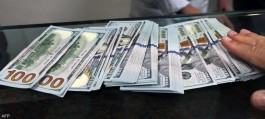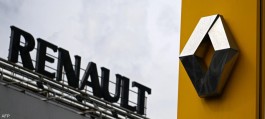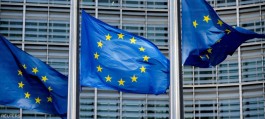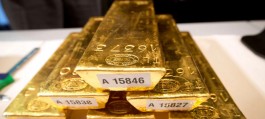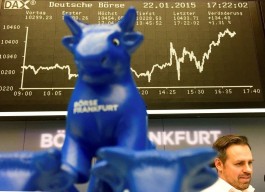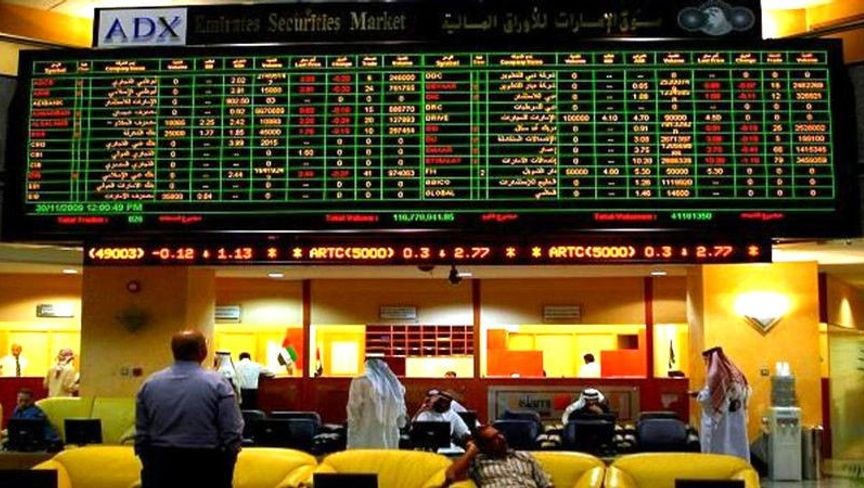The market value of listed shares in the UAE has exceeded $1 trillion for the first time, supported by the rise in the value of companies linked to a member of the ruling family in Abu Dhabi, whose value exceeds a third of the total, in addition to a wave of local offerings.
That makes the unified UAE stock market, which includes the Dubai and Abu Dhabi bourses, larger than those in Milan and Madrid. While still much smaller than Saudi Arabia’s stock market, which is close to $3 trillion in market capitalization, the UAE is one of the largest emerging markets, barring a handful like India and China, according to data compiled by Bloomberg.
One of the most striking aspects of the trillion-dollar milestone is the heavy weight of companies linked to Sheikh Tahnoun bin Zayed Al Nahyan, one of Abu Dhabi’s deputy rulers and the UAE’s national security adviser, who has emerged as one of the world’s most influential business figures, overseeing an empire worth $1.5 trillion.
Global Holding
This empire includes the International Holding Company, chaired by Sheikh Tahnoon, which is the largest listed company in the UAE. The company has seen a huge jump in value of more than 43,000% in the past few years, taking its market value to around $250 billion, a quarter of the total value of the UAE markets.
International Holding is 88 percent owned by Emiratis, according to data from the Abu Dhabi Stock Exchange. The company began as a small fish farming business but is now at the forefront of efforts to diversify the UAE’s economy away from oil. The company and its subsidiaries, some of which are listed in Abu Dhabi, have made investments ranging from a clothing brand owned by singer Rihanna to Elon Musk’s SpaceX and Aldar Properties, the emirate’s largest property developer.
Sheikh Tahnoon also chairs First Abu Dhabi Bank, which last year considered a takeover bid for Britain’s Standard Chartered Plc. The bank and International Holdings together account for more than 50% of the weighting of the FTSE Abu Dhabi index.
A long-awaited ambition achieved
Reaching the trillion-dollar mark has been a long-cherished ambition of Abu Dhabi’s rulers, and the market’s growth reflects their ambitions to transform the city into a global financial hub. According to a Bloomberg report in April, officials expect the rising valuations to attract global capital and encourage local investors to keep their money in the country.
The UAE’s stock market is part of MSCI’s broad emerging-market index, accounting for 1.2% of the index’s weighting, according to Bloomberg data. Although International Holdings isn’t included in the index, its units, such as Aldar and Multiple Group PJSC, are included, as is First Abu Dhabi Bank.
A series of new IPOs in the country helped push the $1 trillion mark. Since 2021, the UAE, along with Saudi Arabia, has led a wave of IPOs in the Gulf, as both governments seek to raise money to diversify their economies. In 2020, a wealth fund overseen by Sheikh Tahnoon acquired a stake in Lulu International Holdings, the parent company of the hypermarket chain operator, which made the UAE’s biggest listing of the year.
This wave of deals is expected to continue, including a potential IPO for Etihad Airways, the Middle East arm of Delivery Hero SE, a talabat company, and IT services company Alpha Data.
Despite rising regional tensions, the Dubai Financial Market General Index continues to trade near its highest levels since 2014, supported by economic and population growth in the city. The index is leading gains in Gulf markets this year with a 17% gain, while Abu Dhabi stocks are down 1.4% in 2024.
















